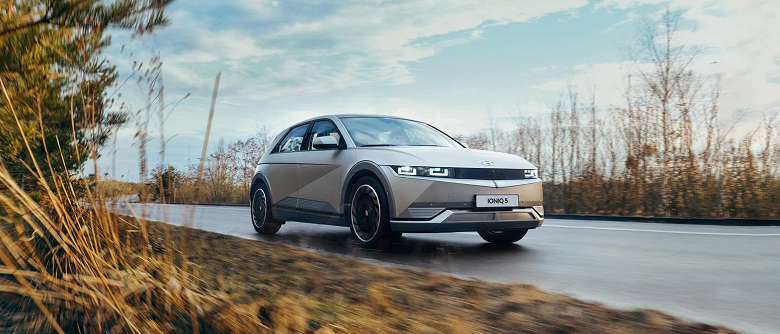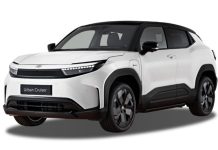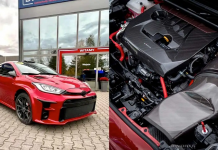It turned out that in reality everything is not so rosy
Britain’s advertising watchdog has banned ads for Toyota and Hyundai electric cars that glossed over the facts. More specifically, they reduced the time it takes to charge electric vehicles and misled users about the availability of fast charging stations in the UK and Ireland.
Toyota ran a marketing campaign on its website for its bZ4X model, claiming that the car can be charged up to 80% in about 30 minutes using a 150kW fast charging system.
Toyota said drivers can “easily find fast charging points in a number of public places,” especially in places where “drivers are likely to need them,” such as major traffic points on highways.

Hyundai ran a similar campaign using its website, a digital billboard in London’s Piccadilly Circus, and a YouTube video featuring footballers from Premier League club Chelsea promoting the Ioniq 5 electric car. The campaign claimed the car could be charged from 10 % up to 80% in 18 minutes with a 350 kW charger.
Toyota and Hyundai for the first time banned from advertising new items
Later it turned out that this charging time was achieved under ideal factory conditions, but in reality it is longer and depends on a number of parameters. In addition, it was revealed that there are only 419 charging stations available in the UK at 134 locations. However, there were only seven in Scotland, two in Wales, and none in Northern Ireland.
The Charge myHyundai website shows that there are 37 350kW ultra-fast charging points in operation in the UK, only six in Ireland, a “limited number” in Wales and Scotland, and none in Northern Ireland.
The regulator imposed a first-ever ban on electric vehicle advertising and advised Toyota and Hyundai not to mislead consumers about battery charge times in the future.




